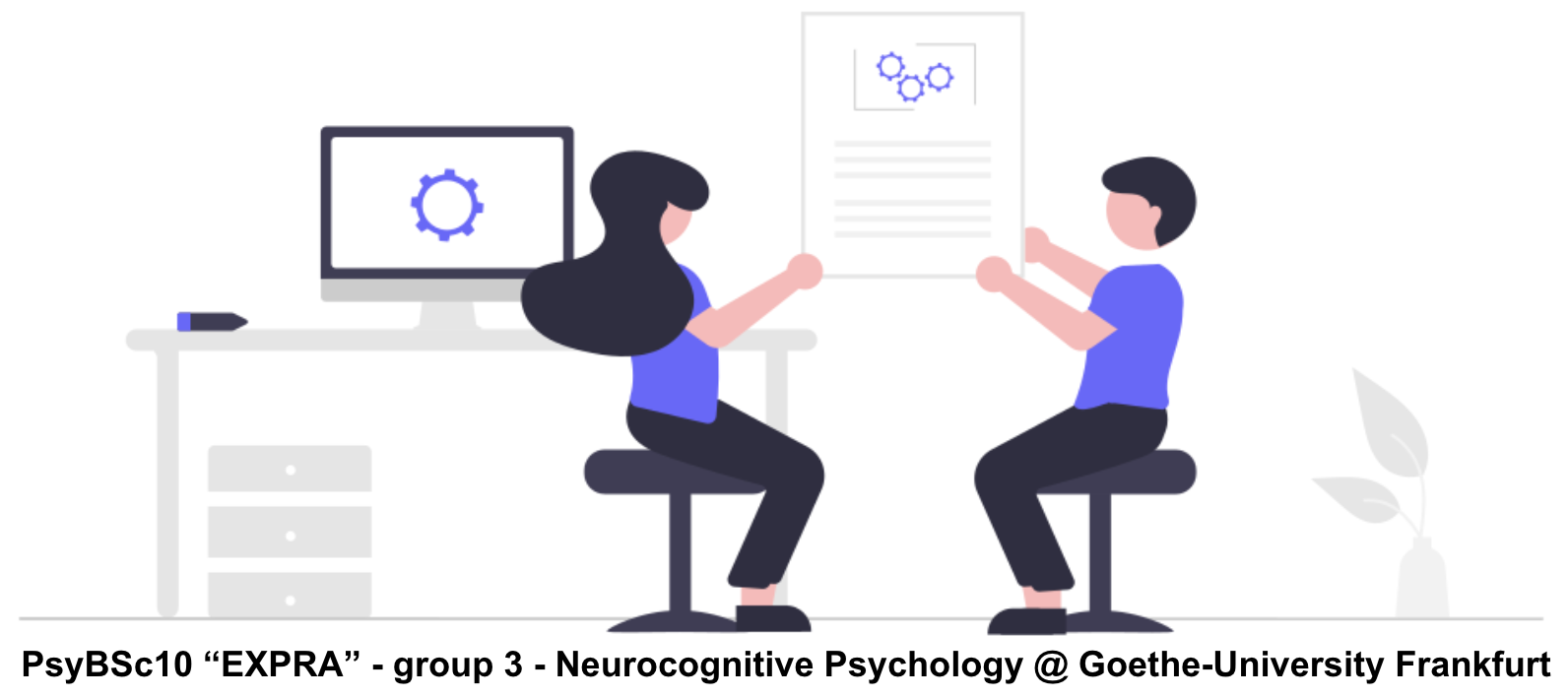Introduction III
Contents
Introduction III¶
Within the third session we’ll have a nice mixture of different topics, including both theoretical and practical aspects. At first, we’ll go through the tools and resources we discussed in the first two session again and connecting the dots between them, especially with regard to project & data management. Next, we’ll once more spent a look at the current state of the academic/scientific system, this time focussing more on the reproducibility/replicability crisis and potential (partial) solutions. Finally, we’ll start analyzing the data acquired within our demo experiment.
Topics 💡👨🏻🏫¶
In the following you’ll find the objectives and materials for each of the topics we’ll discuss during this session.
A brief 101 to connect the dots¶
We discussed quite a bit of tools and resources that can help us to make research more open & reproducible, throughout all stages of a project. However, there’s a steep learning curve if you curve without learning and given that all/most of this will be completely new to you, we’ll go through the basics of certain tools/resources and their connection/integration in a step-by-step manner. More precisely, we’ll start the project & data management for the demo experiment groups.
Objectives📍¶
connect resources/tools we have explored
start demo project work based on open & reproducible science
DMPs
Ask and answer questions
Have a great time
Replicability crisis, open science & pre-registration¶
Yes, you already heard a lot of the current state of the academic system & science, specifically the problems. TL;DR: it’s all bad. However, there are a few aspects we still need to discuss in more detail.
This session we’ll focus on the replicability/reproducibility crisis and potential (partial) solutions to it. This will entail outlining various causes of the replicability/reproducibility crisis and how, for example, pre-registration can be utilized to address parts of it.
Objectives¶
learn about different aspects replication crisis
get to know proposed solutions
situate open science within this discussion
Ask and answer questions
Have a great time
tasks for subsequent meeting 🖥️✍🏽📖¶
Below you’ll find the tasks you should spend a look at for next week’s session.
check demo experiment literature¶
Please go through the articles relevant for the demo experiment which are collected in the respective zotero group. It’s not that crucial to go through everything in detail and you can definitely skip the in-depth math parts. The basic idea is to provide you with more context about the framework and idea, as well as a starting point for your own library. However, it would be important to at least go through Kriegeskorte & Mur (2021) and Kriegeskorte & Kievit (2013) as these publications are central regarding the paradigm we are using.
check literature concerning scientific publications¶
In preparation for our scientific reading & writing section, please go briefly through the ten simple rules papers (reading, structuring, writing, reviewing) in the course zotero library.
